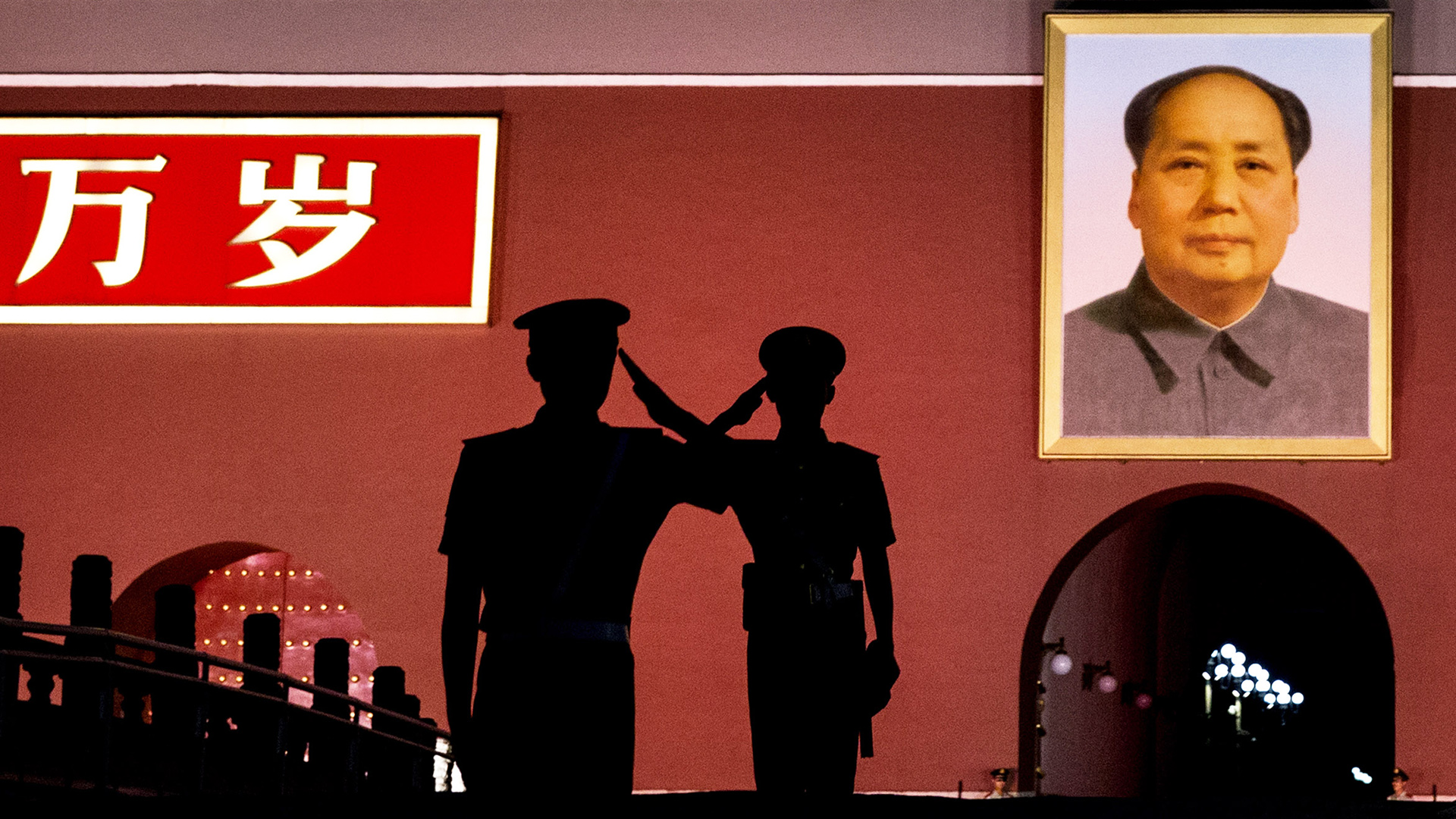

When it comes to spying on the United State, China truly is in a league of its own.
Despite the Chinese spy balloon’s ignominious end on Saturday, China has achieved numerous intelligence coups during the 21st Century, including capturing a Navy EP-3 spy plane along with its cryptologic equipment; planting an alleged mole in the FBI, who is accused of helping Chinese intelligence identify American spies; and hacking the Office of Personnel Management, stealing sensitive information on more than 22 million people.
The Center for Strategic and International Studies think tank in Washington, D.C, produced a list in 2021 of 160 examples of Chinese espionage against the United States since 2000. The list shows that China uses a wide array of methods to steal the U.S. government’s most sensitive secrets, including classified information about technologies on the F-35 Joint Strike Fighter.
China uses all the traditional methods of spying on the United States, such as human, signals, and electronic intelligence, said Dean Cheng, a senior advisor to the China program at the U.S. Institute of Peace.
“They rely on collecting huge amounts of data and then sifting through it for nuggets rather than targeting very specifically and going for very exquisite data,” Cheng told Task & Purpose.
Subscribe to Task & Purpose Today. Get the latest military news, entertainment, and gear in your inbox daily.
Given that approach, China’s cyber hacking efforts have been their most useful form of espionage, Cheng said. The OPM hack alone allowed the Chinese government to steal information on an enormous number of current and former government employees, possibly including intelligence officers.

The Chinese government has also redirected global internet traffic to China, allowing them to study where messages were being sent to and received from, Cheng said. Separately, China has hacked U.S. companies to steal formulae, patents, and other proprietary information.
However, China does not rely on one particular method of spying, and that helps to explain why the Chinese would send a surveillance balloon over the United States while simultaneously using other methods to spy on the U.S. government, including spy satellites, Cheng said.
“The Chinese believe in very comprehensive, overlapping efforts at collecting information,” Cheng said. “They are collecting enormous amounts of information from all sources all the time.”
Cheng noted that the U.S. military continues to use U-2 spy planes and other surveillance aircraft along with spy satellites in part because adversaries can determine when low Earth orbit satellites will pass overhead.
Surveillance aircraft can also get much closer to a target than a satellite in geosynchronous orbit at more than 22,000 miles above Earth, potentially allowing them to pick up more signals and electronic intelligence, he said.

On top of all these methods for collecting intelligence, the Chinese-owned social media app TikTok stores a lot of data on its users, which the Chinese government could look at if it wanted to, Cheng said.
If users allow TikTok to access their phone and email lists, that information is then included in Chinese databases, he added.
It’s unclear how well the U.S. government is countering the threat of Chinese espionage. Intelligence agencies rarely advertise their successes, but their failures become well known, such as when the Chinese executed dozens of suspected American spies more than 10 years ago because the CIA’s communication system had been compromised.
Opposing Chinese espionage is the “FBI’s top counterintelligence priority,” according to the bureau’s website. However, those efforts have not always succeeded. In 2003, Katrina Leung, a naturalized U.S. citizen who became an FBI informant about China, was arrested after having affairs with two FBI agents in charge of counterintelligence against China, including her former handler James Smith, from whom she took classified documents.
Justice Department officials have also successfully uncovered Chinese agents. Last month, Ji Chaoqun, a Chinese national who joined the Army Reserve through the Military Accessions Vital to the National Interest program, was sentenced to eight years in prison for espionage.
In 2018, Ji met several times with an undercover law enforcement officer who was posing as a member of China’s Ministry of State Security, the Justice Department announced in a Jan. 25 news release.
“During these meetings, Ji explained that with his military identification, he could visit and take photos of ‘Roosevelt-class’ aircraft carriers,” the news release says. “Ji also explained that once he obtained his U.S. citizenship and security clearance through the MAVNI program, he would seek a job at the CIA, FBI or NASA. Ji intended to perform cybersecurity work at one of those agencies so that he would have access to all their databases, including databases that contained scientific research.”
For the time being, many Americans are still riding the emotional high that accompanied Saturday’s shoot down of China’s latest spy balloon. Several social media users took video of the balloon being struck by an AIM-9X Sidewinder missile.
One man who captured the event on his cell phone yelled: “F–k you f–king commie China!”
Ironically, he then posted the video on TikTok.
CORRECTION: 2/6/2023; this story was corrected on Feb. 6 to make clear that Dean Cheng is a senior advisor to the China program at the U.S. Institute of Peace.
The latest on Task & Purpose
- Marine shown fighting with San Diego hotel staff in viral video charged with assault and battery
- Air Force cadet died of blood clot in lung, autopsy finds
- Airmen prepare to bid farewell to beloved ‘Big Sexy’ refueling tanker after 30 years of service
- The US appears to have used its missile full of swords in an airstrike in Yemen
- What the chances of a war between the US and China actually look like, according to experts
Want to write for Task & Purpose? Click here.
